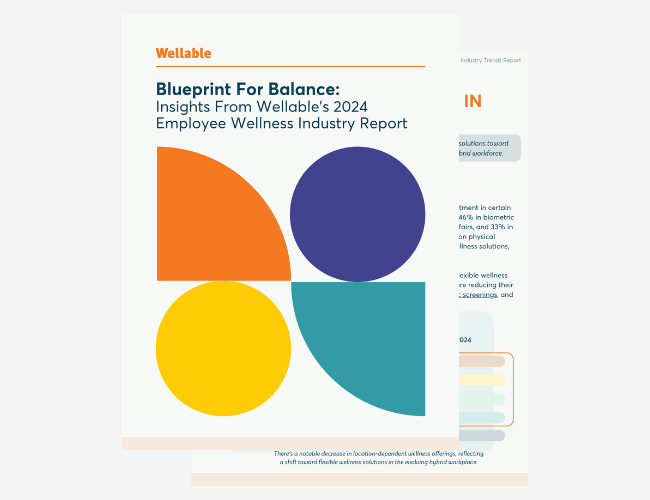Another study can be added to the growing body of research that shows that employers are doing more harm than good by implementing biometric screenings as part of employee wellness programs. To be published in the International Journal of Obesity, the study sought to examine the efficacy of using body mass index (BMI), a common tool used in workplace biometric screenings. An analysis of more than 40,000 participants that were aged 18+ in the nationally representative 2005–2012 National Health and Nutrition Examination Survey found that “nearly half of overweight individuals, 29% of obese individuals, and even 16% of obesity type II/III individuals were metabolically healthy. Moreover, over 30% of normal weight individuals were cardiometabolically unhealthy.” These numbers are even higher than that the CDC study that suggested that 18% of U.S. adults get misclassified by BMI. “Using BMI categories as the main indicator of health, an estimated 74,936,678 U.S. adults are misclassified as cardiometabolically unhealthy or cardiometabolically healthy. Policymakers should consider the unintended consequences of relying solely on BMI, and researchers should seek to improve diagnostic tools related to weight and cardiometabolic health.”
Despite the overwhelming evidence against biometric screenings, employers continue to implement them in programs and health plans continue to build “innovative” wellness programs around screenings and health risk assessments. Hopefully, this new research will begin to change some minds so that employers can start to truly focus on the health of their employees.













